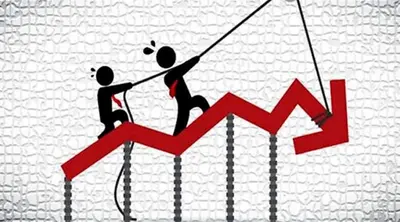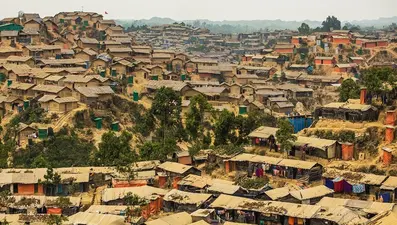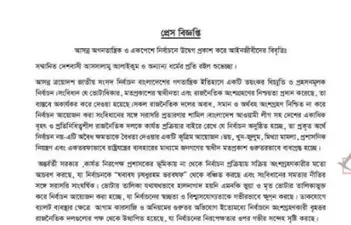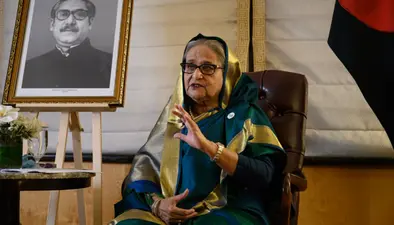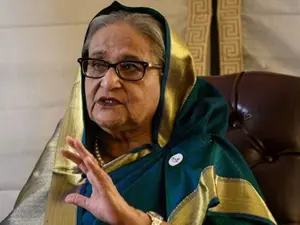CPD Survey
Over 2 Million Jobs Lost Since Yunus-Led Interim Government Took Office
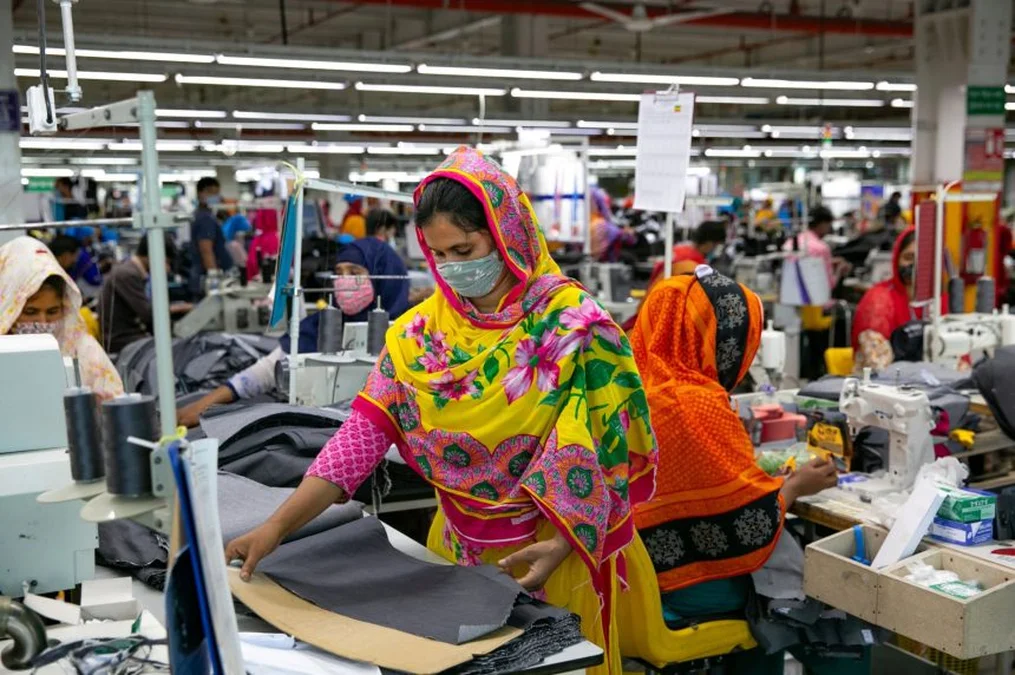
Bangladesh has witnessed massive job losses since the Yunus-led interim government assumed power, with over 2.1 million people reportedly losing employment during the first half of the 2024-25 fiscal year (July–December), according to a new survey by the Centre for Policy Dialogue (CPD). Women have been disproportionately affected, making up 1.8 million, or nearly 85 percent, of the newly unemployed.
The Bangladesh Bureau of Statistics (BBS) Labour Force Survey shows that unemployment rose by more than 330,000 compared to the previous year. A BBC Bangla report further indicated that by late 2023, the number of unemployed had reached around 2.4 million. Following the political turmoil and the fall of the Awami League government in 2024, that figure climbed above 2.7 million.
Economists warn that official figures understate the real crisis, arguing the true unemployment rate is far higher. They point to the country’s fragile banking sector, rising inflation, foreign exchange shortages, and the near standstill of private sector investment as key drivers of the downturn.
CPD Senior Research Fellow Towfiqul Islam Khan told BBC Bangla that the July uprising and subsequent regime change had the most severe consequences for jobs. “Not only have new employment opportunities failed to materialize, but many existing factories have shut down, leading to a steep fall in overall employment,” he said. Khan added that the interim government has yet to release detailed data identifying which sectors have been hit hardest, leaving the full extent of job losses uncertain.
Job seekers have also voiced frustration, noting that government recruitment has slowed significantly over the past year. With more graduates entering the job market, competition has intensified, worsening the situation for many.
Beyond the formal sector, NGOs have also been severely impacted. Zinat Ara Afrin, convener of the Association of Unemployed Development Professionals (AUDP), revealed that the suspension of USAID funding led to more than 50,000 NGO job cuts. “Over 70 percent of those affected remain unemployed, while others have been forced to change professions,” she said.
The garment industry, Bangladesh’s largest employer after agriculture, has also suffered heavy losses. Since the political instability of August 2024, hundreds of factories have closed. Industrial Police records indicate at least 200 closures across eight regions, though unofficial estimates suggest the figure could exceed 300.
The widespread shutdowns underscore the depth of the employment crisis. Analysts caution that without renewed investment and political stability, job recovery will remain out of reach for millions.

